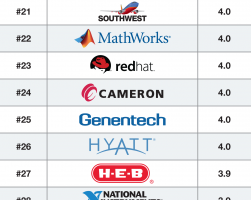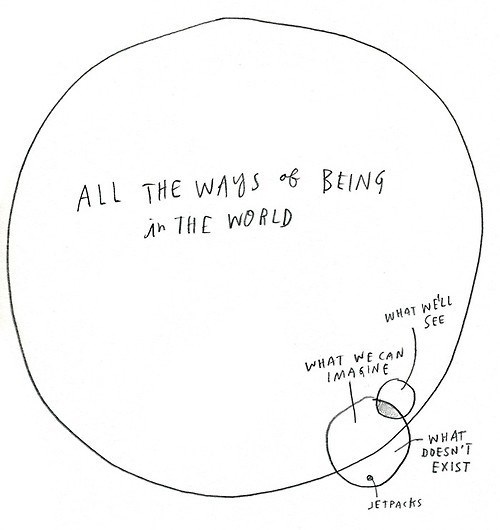The most interesting companies in HR Tech #1 - Glassdoor
Note: It's time for a new, semi-occasional series here at the blog, especially since 'Job Titles of the Future' seems to have hit a bit of a dry patch. This time I am going to stay a little closer to a topic I am at least slightly more familiar with, the landscape of HR Technology solution providers. With 'The most interesting companies' series, I aim to highlight some of the cool and well, interesting things that HR tech companies are doing, particularly in areas that you may not be familiar with. As with every semi-occasional series on the blog, it will last as long as I find it interesting to write. And one more thing, none of the posts in this series are sponsored and I am not being compensated in any way for featuring any specific company.
Onward...
For the first 'most interesting' company, I submit Glassdoor.
Sure, you know Glassdoor as the home of the most extensive and thorough data source for company reviews submitted by employees, and a go-to source for job seekers to learn more about potential employers. And of course you know about Glassdoor's well-regarded and widely publicized lists and rankings, the best known being their Top 50 Places to Work list that was released earlier this week.
But what you may not know is that beyond their position as the de-facto home on the internet for a significant portion of what constitutes most organizations 'employer brand', Glassdoor has steadily been building additional tools and capabilities for employers to participate in proactive employer brand management, candidate engagement, accompanied by recruiting insights and analytics that are making Glassdoor an increasingly important and influential HR tech provider.
And Glassdoor provides many of these advanced company analytics for free, and so far over 16,000 companies have created free employer accounts to take advantage of the data and the insights. (See images on the right for example). Click to enlarge
Click to enlarge
Traffic to Glassdoor.com is ridiculously large, and the unique, valuable, and not reproducible asset of the millions of candidate and employee data points that form the backbone of the site make for an incredibly powerful, and yes, interesting combination, and at some level, makes Glassdoor one of the few (maybe the only) threats to 500-lb recruiting solutions provider LinkedIn.
Bottom line, 'normal' people go to LinkedIn every once in a while, when want to start looking for a job and think they had better polish up their profile. But they go to Glassdoor once they actually are immersed in the process, researching companies, prepping for interviews, trying to assess if the salary offers they received are fair. That is a huge distinction and one that Glassdoor is leveraging more and more each year.
Recently, Glassdoor announced a $50M funding round and according to the press release the funding will "use the capital to expand its team, accelerate international expansion, and further invest in products for job seekers and employers on mobile and desktop."
Glassdoor is already an extremely well known and well positioned player in the recruiting and talent management space and with additional funding, new products, an increasing global footprint, and the insane amounts of data and insight that can be mined from its data on over 300,000 companies it stands to become one of the most interesting (yes, I used that word again), HR tech companies to watch in 2014.
Have a great weekend everyone!

 Steve
Steve




